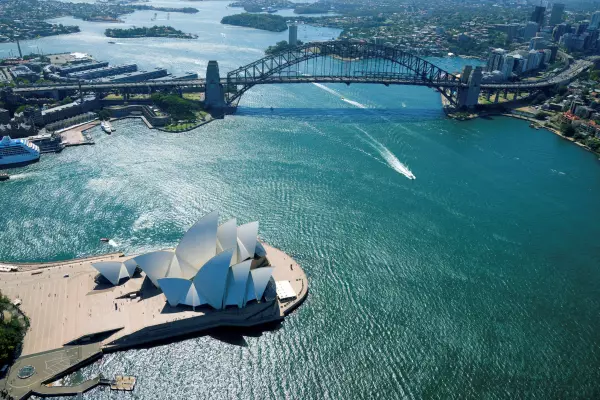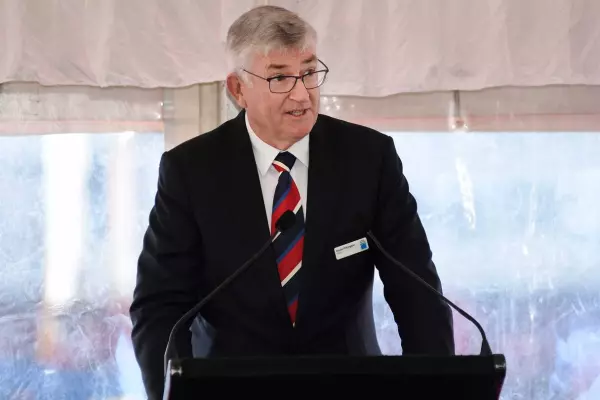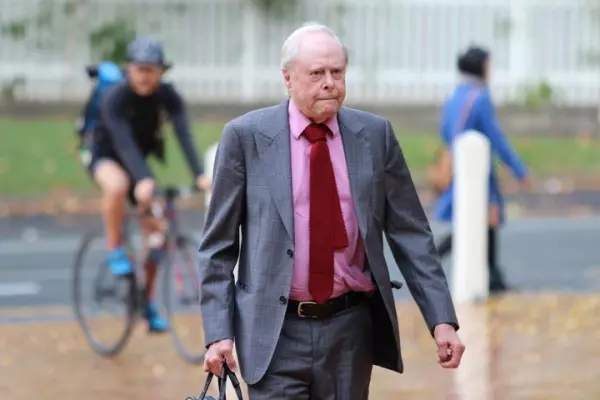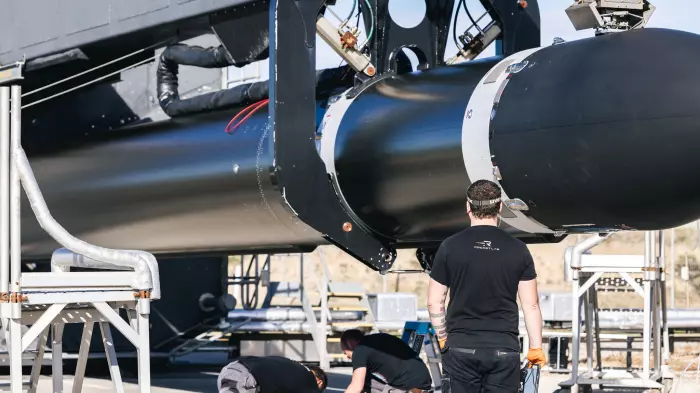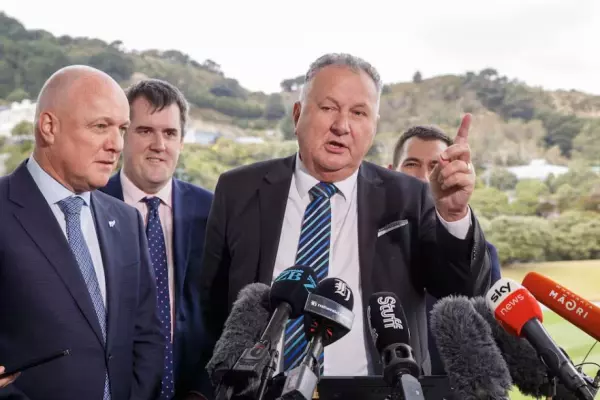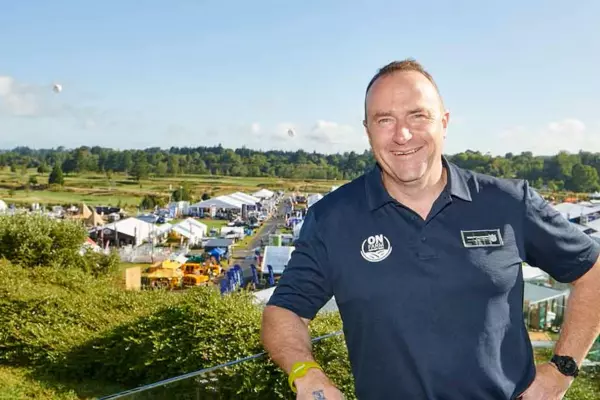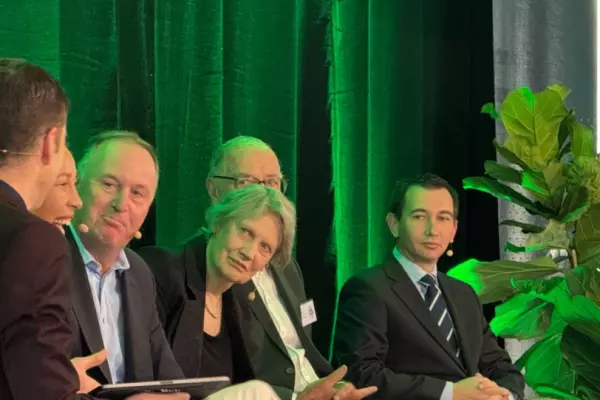Tech founders Rod Drury and Darrin Grafton are advising the government on how to reconnect New Zealand to the world and the technology to make it work.
A growing chorus of business leaders have been urging officials to tap the private sector for its nous, seemingly unaware ministers are already tapping the brains of the Xero founder and chief executive of travel management software developer Serko.
Serko chief executive Grafton understands the frustration of his peers and supports the views espoused by former Air NZ boss Rob Fyfe and others, but said the government is leaning on private sector talent to find answers – in fact Serko’s and Xero’s teams were meeting with officials in Wellington when the delta outbreak was announced on Aug 17.
The two entrepreneurs and their companies are providing insights and technical expertise to officials drawing on Xero’s wealth of information on small businesses and Serko’s travel management systems that span the world. Other travel companies such as House of Travel have also assisted the government.
“We’re making sure we’re sharing the knowledge we have,” Grafton said.
That’s included advising on risk management – a core component of Serko’s travel systems – for inbound and outbound travel, how bottlenecks might arise, and how the delta variant and a rapid vaccination drive have changed things.
“It’s changing quite quickly – high vaccination rates mean we’re going to be potentially looking at different scenarios than what we were looking at six weeks ago.”
Driving change
Rod Drury kicked off the process, getting in touch with Grafton about offering their skills to the government and then opening doors in Wellington.
“We’re both in the tech space and I’m in the travel space – we want to make sure we’re facilitating the conversations,” Grafton said.
That’s seen them make people available and help government officials understand what technology is available to address the MIQ woes and how they can prepare for the future.
“Although we were not involved in the latest MIQ update, the first thing you need to understand is how to match demand to capacity,” Grafton said.
That’s been a moveable feast throughout the pandemic, with the military called in to help stand up managed isolation and quarantine facilities as New Zealanders from around the world flocked home.
Those pressures have escalated in recent months, with business leaders calling for dedicated MIQ space to address labour shortages and let them meet more easily with international partners, while others have been left stranded both home and abroad unable to see sick and dying loved ones.
The government already has a pilot to allocate 25 MIQ spaces for exporters in November and December, and ministers will today decide on whether to press ahead with a trial, where a small group of vaccinated travellers from medium-risk countries will be allowed to self-isolate instead of staying in MIQ.
The self-isolation pilot was flagged at a forum in August – when the delta outbreak was taking hold under the radar – where prime minister Jacinda Ardern outlined how NZ will reconnect with the world, adopting different pathways for countries depending on the level of risk.
Businesses have been waiting for more details on the pilot, which was delayed by the delta outbreak.
The Ministry of Business, Innovation and Employment said it expected to have an update this week pending cabinet approval.
“MIQ is now leading the work on the trial for a small number of vaccinated people travelling for business to go overseas and self-isolate when they return,” a spokesperson said in an emailed statement.
“While the intention remains that we run a trial later this year, this will ultimately depend on the alert levels in place.”
In principle
Cabinet agreed in principle to the self-quarantine pilot subject to it signing off on the final design and any costs. Participants will be limited to fully vaccinated citizens and residents travelling for less than three weeks to an approved list of countries and with a self-quarantine plan approved by the health ministry.
Covid-19 response minister Chris Hipkins will report back to cabinet on the design of the pilot, including the expression of interest process and any associated funding needs.
Firms that have expressed an interest in participating include Fletcher Building and Sky Network Television, while others such as Contact Energy are keeping an eye out for the details of the pilot.
Genesis Energy is more interested in more MIQ spaces because the specialist contractors it needs won’t have a house to self-isolate in.
A paper taken to cabinet by Jacinda Ardern and Hipkins on shifting to a risk-based approach to border settings said the purpose of the pilot was to safely test systems and processes that could be used for self-quarantine as an option for vaccinated travellers from medium-risk countries.
The pilot will test the logistics of entering the country, the ability to monitor compliance including using technology to do so, and managing covid cases if they arise.
An expression of interest will be used to identify employers with staff who need to travel for work.
“When considering the suitability of self-quarantine as an ongoing part of the system, population implications will be assessed to inform future choices,” the paper said.
“Conditions for self-quarantine may be different if this option is adopted as part of the medium risk pathway and the lessons learned from the pilot will inform future design options.”




